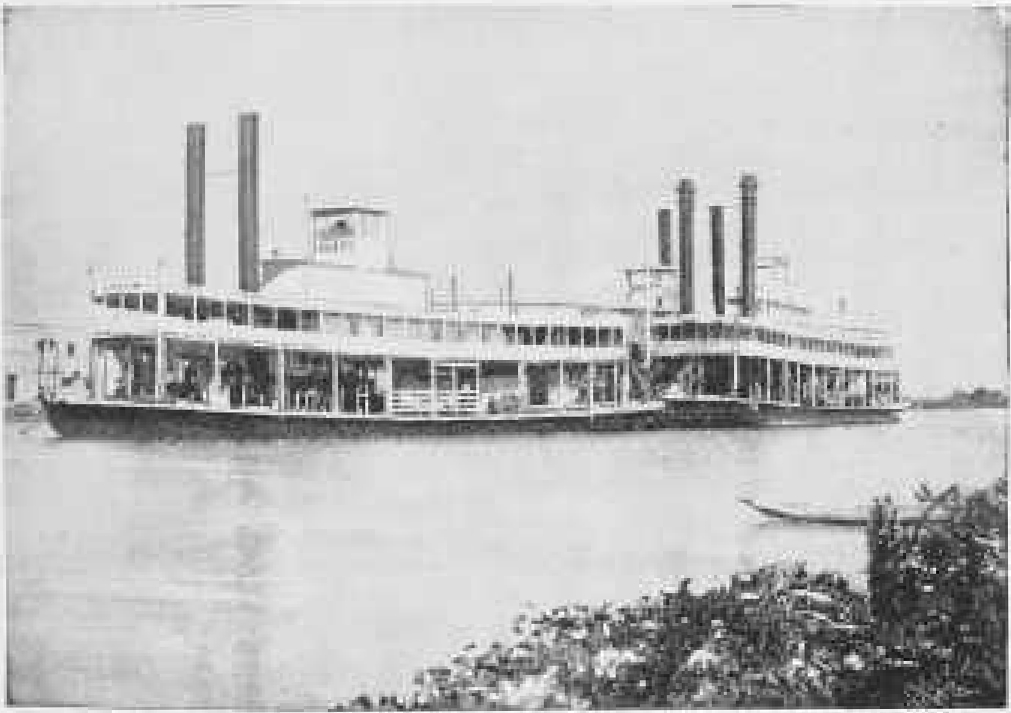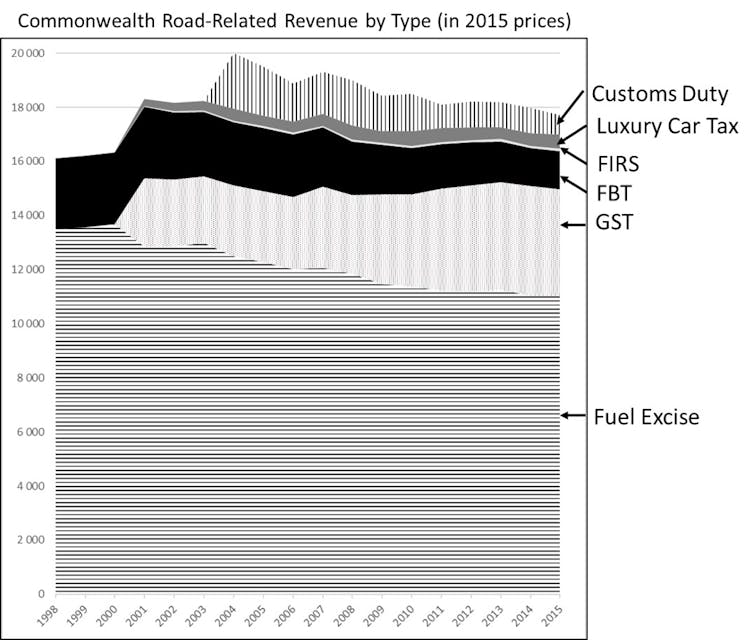 |
| Steamers on the Magdalena River. Photo: Clímaco Calderón (1852-1913), Wikimedia, Public Domain. |
 Love in the Time of Cholera by Gabriel García Márquez
Love in the Time of Cholera by Gabriel García MárquezMy rating: 4 of 5 stars
After powering through two books per week while on long service leave, back at work and teaching and applying for research grants and my literary luxury is thrown out with the bathwater. It has taken me six weeks to finish one book, and it deserved a more settled reading. Last night I realised there was less than half a page to go and I felt an overwhelming sadness and as I read the conclusion, I was at a loss. Can life and loving really be like that where it all turns out in the end? Or does the Disney gloss of undying love hide the protagonist's sinful deception sufficiently? To say I wasn't hooked would be a lie. There are so many things that Márquez puts into writing what people actually do but would die of embarrassment if they knew that others knew they knew. I found this enlightening because nobody else talks about such things. Of course, I am too embarrassed to talk about the things I mean, so it is better to leave one guessing. Márquez, at least, could always say that his work was fiction and he imagined such things, but I don't think so. He was 58 when this work was published. For once, I do not feel like I am behind the eight-ball. Not in terms of receiving the Nobel Prize, but in terms of living and loving and knowing. I have been listening to a podcast by Bryant Davis recently, entitled The Joy of Serious Literature. It is everything I ever wanted in a podcast. Something quirky, something different. So far, the podcast points to several non-traditional and non-white literary works that will certainly take me out of my comfort zone. Márquez certainly did that, but rather than freaking me out like Japanese adult manga might do, but there it is explicit, whereas Márquez drops thought grenades and leaves the reader to clean up the mess. When Florentino Ariza is resting in the brothel, I daresay the reader's imagination will be trying to see what is going on in the background. Rather than Hemingway's iceberg, think of Gabriel's peephole. But don't tell anyone. It's very powerful. And I do believe the conclusion left me with a Spanish version of saudade.
View all my reviews
 Donate
Donate







